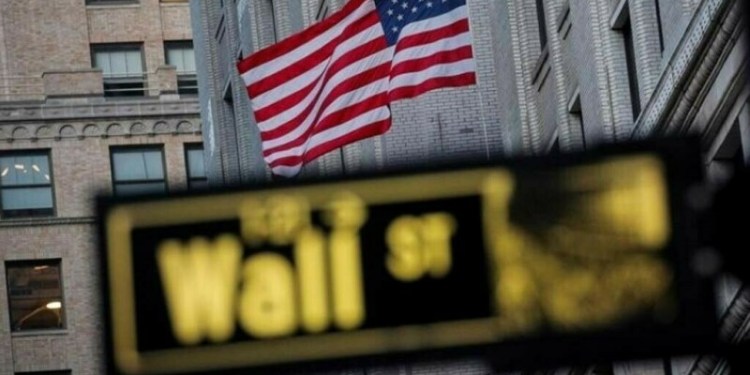NEW YORK: Investors piled into safe-haven bets on Tuesday as political turmoil in Italy sparked fears of another euro crisis, driving up the Japanese yen and pushing the U.S. dollar to a 10-month high against the euro.
A deepening political crisis in Italy, the euro zone’s third-biggest economy, provoked selling of Italian assets and the euro that was reminiscent of the euro zone debt crisis of 2010-2012.
The dollar rose on Tuesday to its highest against the euro since July 2017 at 1.1506, after a sell-off in Italy’s debt market drove investors to dump the single currency.
The greenback strengthened across currencies, not just against the euro, in a flight to safety. The risk-off trade also benefited the Japanese currency, with the dollar dropping about 1.2 percent on Tuesday to a five-week low of 108.10 yen.
The euro on Tuesday weakened significantly against the safe-haven Swiss franc and the Japanese yen. The single currency hit a nine-month low of 1.1367 against the franc and a 10-month low of 124.61 yen. The euro recorded its biggest monthly drop in more than three years, down more than 5 basis points.
The dollar index, which measures the greenback against a basket of six major currencies, was up half a percent on the day at a high of 95.025, hitting a 6-1/2 month top.
Italy’s president has set the country on a path to fresh elections by appointing a former International Monetary Fund official as interim prime minister, with the task of planning for snap polls and passing the next budget.
Some investors believe the election will deliver an even stronger mandate for anti-establishment, euroskeptic politicians, casting doubt on Italy’s future in the euro zone. But many are wary the Italian government would reach the broad-based support in all chambers of government needed to get to the point of constitutional change.
“We are still very skeptical of ‘Quitaly,’” said Mark McCormick, North American head of FX strategy at TD Securities in Toronto.
“But markets are looking for a momentum trade – it’s selling European rates, it’s selling European equities and it’s selling the euro. I don’t see anything that is going to arrest that anytime soon,” he added.
The rush to safe havens also saw investors selling equities in favor of U.S. government bonds, with the yield on the benchmark 10-year note falling to its lowest level since mid-April at 2.84 percent. U.S. stock indexes slumped on Tuesday led by bank stocks, with the S&P 500 last down 0.9 percent from market open, the Dow Jones Industrial Average down 1.3 percent.
Source: Brecorder



























